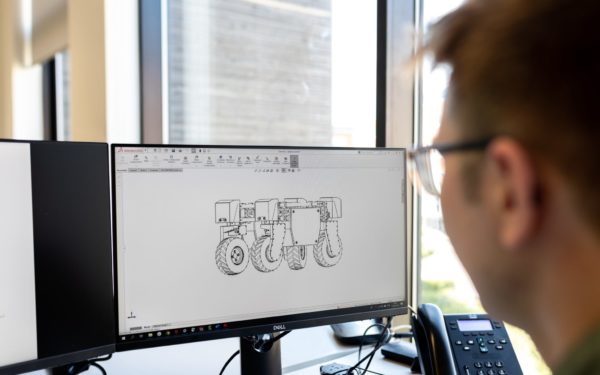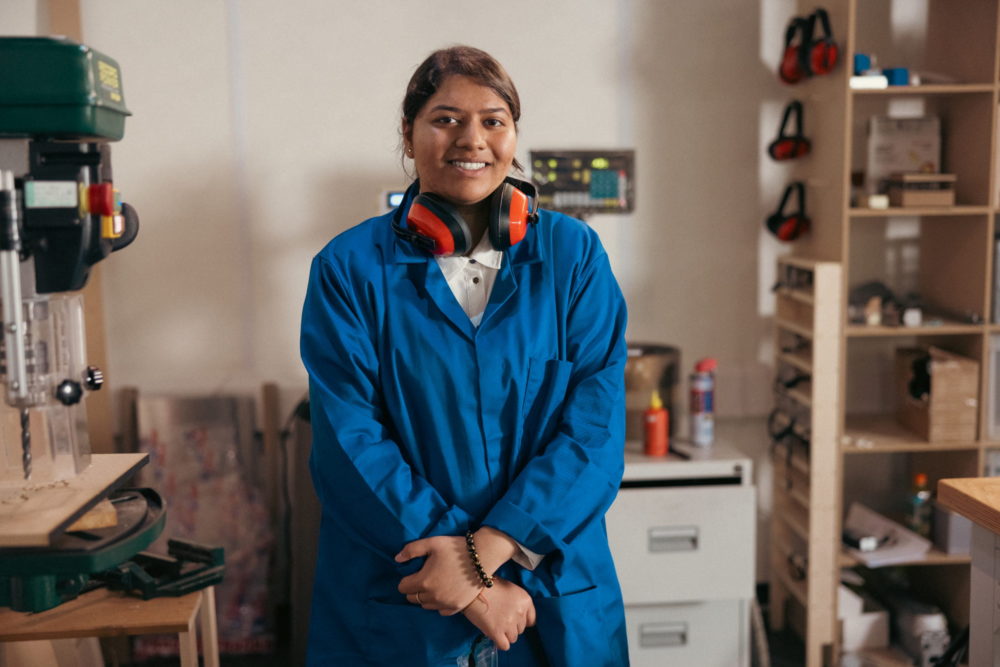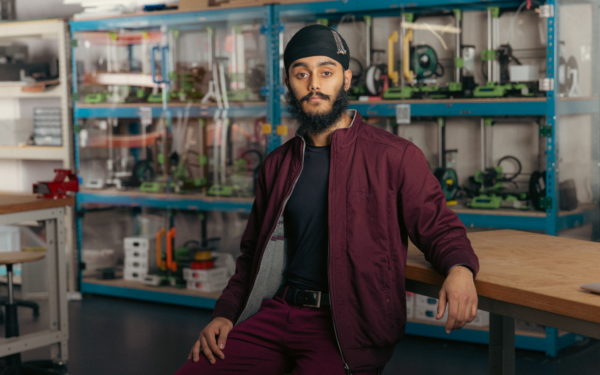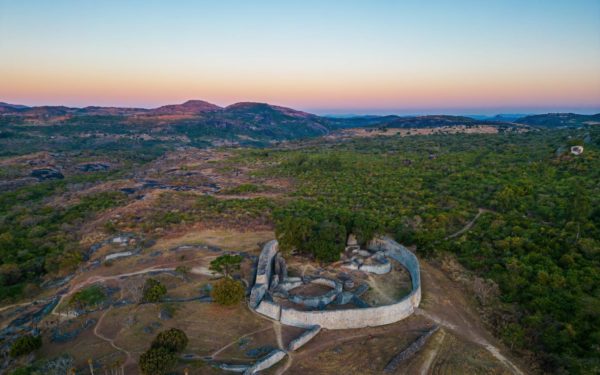
Student story: Engineering to help others

Meet Anjali, a third year student who transitioned from aspiring to study medicine to embracing a future in engineering. Her journey at TEDI-London shows how a shift in perspective can open up new pathways to making a positive impact on the world and helping others.
What led you to switch from medicine to engineering?
Before coming to TEDI-London, I was at sixth form doing my A-levels, fully intending to pursue a career in medicine. My UCAS application was filled with medical school options. However, after submitting my applications, I began to question if medicine was truly the best way for me to help people. I realised that engineering could also provide a fulfilling way to make a difference.
“I realised that helping people doesn’t necessarily mean being a doctor. Engineering offers a different way to create solutions that can improve lives on a larger scale.”
Why did you choose TEDI-London for your studies?
I discovered TEDI-London through social media. The innovative approach to education, particularly the focus on project-based learning, caught my eye. Unlike traditional universities, TEDI-London promised a hands-on, practical approach from the start. Despite the lack of a physical campus at the time, the potential for real world application of skills drew me in, plus, I was convinced that this method of learning would better suit my goals.
How has the project-based learning been so far?
The learning experience has been really immersive. From day one, we’ve been engaged in projects that apply engineering principles to real world problems. This practical approach prepares us for the challenges we’ll face as engineers outside the classroom.
Through the project-based learning, I’ve discovered that although everyone has the same brief, not everyone has the same solution. And that’s amazing!
What’s it like being part of the TEDI-London community?
The community here is diverse, inclusive and very collaborative. Despite being somewhat introverted, I’ve found it easy to connect with others through our projects. The smaller cohort size, especially during the pandemic, allowed for a smooth transition and helped build friendships.
Where do you see yourself after graduating?
I am interested in environmental engineering and sustainability. The project-based learning here has given me the skills and confidence to pursue a career in these areas. I plan to work with companies focusing on sustainable solutions, potentially contributing to global challenges like climate change and renewable energy. I see myself working at the intersection of engineering and sustainability, applying my skills to create a positive impact on the environment.
What do you think about the facilities at TEDI-London?
The facilities at TEDI-London are great, with several makerspaces for different types of work. From woodworking to electronics, there’s a dedicated space for everything. The collaborative environment, including a common room and a large event space, creates a sense of community where students and staff sometimes interact outside of classes.
Tell us about a memorable project you worked on
One of the most memorable projects was during my second year, working on an ecological design project for a community centre in Balham, South London. Our task was to help them achieve net-zero carbon emissions. We acted as an engineering consultancy, suggesting solutions like integrating heat pumps with solar panels. This project was particularly rewarding because it involved direct community interaction and real-world application of our studies.
Have you been able to influence the student experience?
Absolutely. As a member of the student experience committee since my first year, I’ve seen how student feedback is valued and acted upon. Whether it’s adding bean bags to the common room or adjusting the exam system, our input has led to meaningful changes that enhance the student experience.
Learn more about studying Global Design Engineering at TEDI-London.
More Student blogs articles


Student story: Designing with purpose
